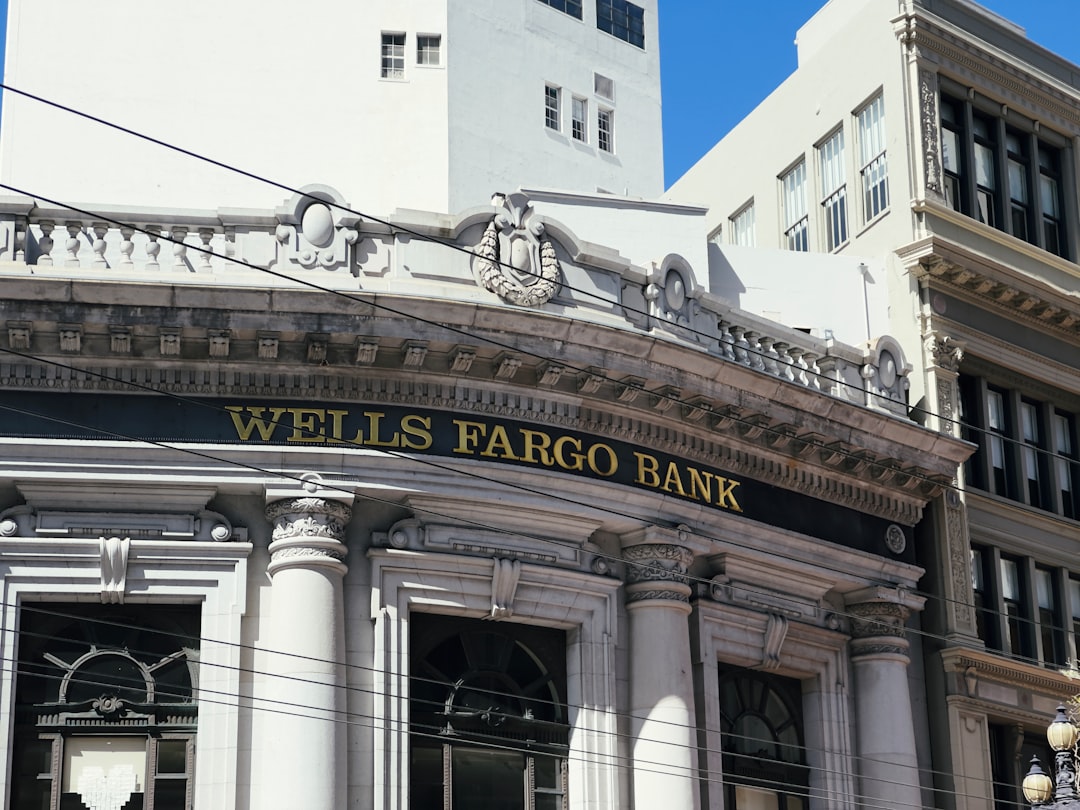
Wells Fargo seems to have a knack for getting in trouble.
In the latest round of not-so-great news for the banking behemoth, federal regulators are suggesting the bank is not doing enough to stop financial crimes perpetrated by using the bank.
The Wall Street Journal reports:
Regulators have issued the bank formal orders to be better at catching criminals who may be using its accounts or products, according to people with knowledge of the matter. At the same time, the bank is facing a lawsuit claiming it allowed an alleged $490 million Ponzi scheme to operate.
The regulators are focused on the bank’s broad consumer-watching systems, not any specific client or event, but the lawsuit’s allegations suggest what can go wrong when a bank’s monitoring systems fail.
And here’s a refresher on some other recent stories of Wells Fargo’s legal woes:
Specifically, the Federal Reserve says, "Wells Fargo & Co.'s deficient oversight enabled the bank to violate U.S. sanctions regulations by providing a trade finance platform to a foreign bank that used the platform to process approximately $532 million in prohibited transactions between 2010 and 2015."
The penalty? $100 million.
Largest Penalty Ever Assessed Against a Bank
“Wells Fargo’s rinse-repeat cycle of violating the law has harmed millions of American families,” said CFPB Director Rohit Chopra. “The CFPB is ordering Wells Fargo to refund billions of dollars to consumers across the country. This is an important initial step for accountability and long-term reform of this repeat offender.”
The CFPB noted that the misconduct by Wells Fargo impacted some 16 million consumers over a period of years.
Between fines and refunds, this cost Wells $3.7 billion.
Wells Workers Fight Unjust Treatment
“Recent allegations of unfair labor practices against Wells Fargo are yet another example of the bank’s pattern of repeatedly violating a range of federal and state laws,” wrote Brown. “Existing monetary penalties and growth restrictions have not been sufficient to prevent Wells Fargo from repeated consumer abuses, compliance failures, and gross mismanagement. Regulators should take stronger actions to change Wells Fargo’s culture of noncompliance and account for the troubling unfair labor practice allegations that could be the bellwether for broader safety and soundness and consumer compliance risks.”


